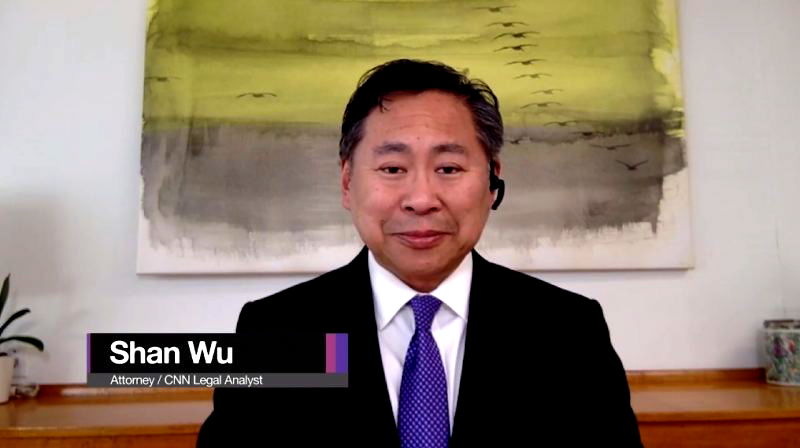Legendary Reporter May Lee Explains Why a Hate Crime is So Difficult to Prove



By Carl Samson
Attacks against Asian Americans are on the rise. While the Biden administration, local governments, private organizations, community groups and concerned individuals have collectively made contributions to curtail further violence, many believe there are more incidents than officially reported.
Advancing justice begins with lodging a police report. But for cases that reach law enforcement agencies, the prospect of pursuing investigations as hate crimes cannot be guaranteed.
In a new episode of The May Lee Show, the legendary Asian American journalist tackles the nature of a hate crime in light of recent events — some of which happen on the same day.
Lee sits down with Shan Wu — attorney, former federal prosecutor and CNN legal analyst — who details what constitutes the crime and why prosecutors need to do better.
“I think it is strongly related to the racist words and associations that were done during the Trump administration,” Wu tells Lee. “Associating COVID-19 with a particular race of people — which is obviously inaccurate and very racist — tends to fan a lot of flames.”
Wu says proving murder or physical assault is possible through concrete evidence, but determining the case as a hate crime requires knowledge of the defendant’s intent.

“How do I know what was inside the defendant’s head? How do I know that his intent was motivated by hate or racial animus?” Wu explains. “So that’s one stumbling block for the prosecutors from a practical standpoint.”
Wu tells Lee that aside from analyzing available records — such as criminal history and social media posts — one way to clarify intent is to examine whether the defendant could have had other targets at the time of the crime.
“How many other people did that defendant pass that morning? There are other surveillance cameras,” Wu says. “They did not just transport and arrive in front of the victim. They did not select other victims.”
Prosecutors may also argue that the general attitude in the country has been affected by associating COVID-19 with Asian people. This, according to Wu, is another way of pursuing a hate crime charge more creatively.

Still, risk-averse prosecutors may decline to pursue hate crimes over fears of losing a conviction. “They’re afraid to add anything which might give them one more piece of the puzzle that they have to prove beyond a reasonable doubt,” Wu says.
Lee and Wu also discuss measures to prevent further hate crimes, such as possible legislative changes and community involvement.
“Not everyone has to go on a protest. But reporting it, talking to law enforcement, not being shy about it … it will slowly, hopefully, start to change police and prosecutors’ viewpoint and make them somewhat more aggressive,” Wu says.
Watch the full interview:
Feature Image Screenshot via The May Lee Show
Share this Article
Share this Article